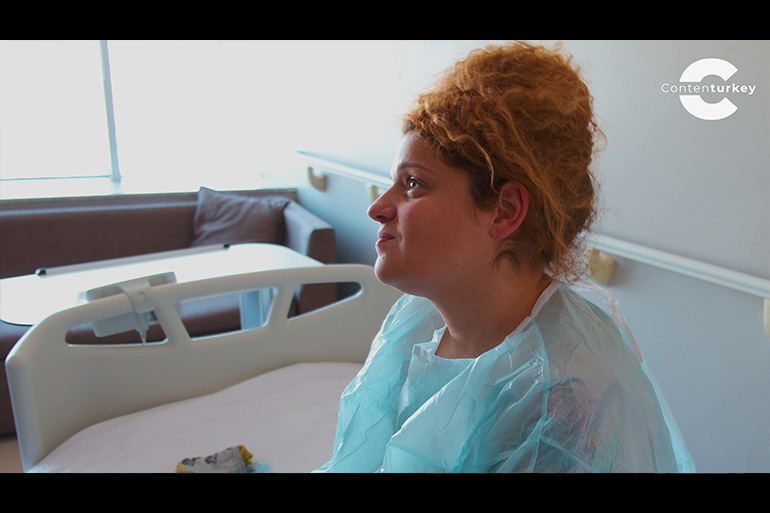
Obesity Treatment Experience in Turkey
The aim of obesity treatment is to reach and maintain a healthy weight. This improves overall health and reduces the risk of developing obesity-related complications.
The initial treatment goal is usually modest weight loss. This means 5% to 10% of your total weight. For example, if you weigh 90 kilograms, it means you only need to lose 4.5 to 9 kilograms in the first place for your health to start improving. However, the more weight you lose during the treatment period, the more beneficial it is.
All weight loss programs are about changes in your eating habits and increased physical activity. The treatment modalities that are right for the patient depend on the severity of their obesity, their general health, and their willingness to participate in a weight loss plan.
Who are suitable candidates for Obesity Surgery?

Bariatric surgery is recommended for patients with a body mass index above 35 who cannot lose weight with other methods such as medical diet, exercise and medical treatment under the supervision of an expert. It is also recommended for patients with a body mass index above 30, who have problems that affect their quality of life and life expectancy, such as hypertension, diabetes, and sleep apnea. The best surgical technique is determined by doctors in the light of various examinations and tests.
Women who are of reproductive age and plan to have children in a short time should discuss this issue with their doctor. Because it is recommended to avoid pregnancy for 24 months after bariatric surgery.
Endoscopic Procedures for Weight Loss
Such procedures do not require any incisions in the skin. After being anesthetized, flexible tubes and instruments are inserted through the mouth into the stomach. These procedures include:
Endoscopic sleeve gastroplasty: This procedure involves suturing the stomach to reduce the amount of food and fluid the stomach can hold at one time. Over time, eating and drinking less helps a person lose weight.
Intragastric balloon: In this procedure, doctors place a small balloon in the stomach. The balloon is then filled with water to reduce the amount of space in the stomach, making you feel full by eating less.
Obesity Causes
Obesity often results from consuming more calories than you burn through physical activity, especially from fatty and sugary foods. Excess energy is stored as fat by the body.
Obesity is an increasingly common problem; because many people consume excessive amounts of fast food and high-calorie meals in modern life. While they eat sitting down, they also spend a lot of time at tables, couches or in cars.
There are also some underlying health conditions that can sometimes cause weight gain, such as an underactive thyroid gland (hypothyroidism), but such conditions usually do not cause weight problems if effectively controlled with medication.
Weight Loss Surgery (Bariartric Surgery)
Weight loss surgery, also known as bariatric surgery, limits the amount of food you can eat or reduces the absorption of food and calories. However, it can also cause nutritional and vitamin deficiencies if not taken care of.
Treatment Methods in Obesity Surgery
Obesity surgery is based on two basic principles; "malabsorption", meaning reduction in stomach volume and/or inhibition of the absorption of nutrients during certain stages of digestion.
Gastrecoma (Tube Stomach) Surgery
This surgery, also called sleeve gastrectomy surgery, aims to reduce the stomach volume (approximately 60-100 cc) in order to make patients feel full with minimal food intake. A certain part of the stomach is surgically removed, leaving a tube-shaped stomach behind. In addition, the part of the stomach that secretes hunger hormone is also removed. This process only limits the volume of food intake. Patients do not need vitamin or mineral supplements as nutrients are absorbed normally.
Gastric Bypass (Gastric Bypass) Surgery
In Gastric Bypass, a large part of the stomach is bypassed and a small volume (approximately 30-50 cc) of stomach is prepared and anastomosed to the small intestine. As in other bariatric surgery procedures, in this type of surgery, it is aimed to reduce the stomach volume and inactivate a part of the small intestine, and to remove some of the nutrients without being absorbed. Therefore, patients feel satiated with a smaller amount of food and some of the digested nutrients are absorbed.
Da Vinci Robotic Surgery
If a general surgeon recommends surgery for weight control, this means that the person can be a candidate for bariatric surgery with the Da Vinci robotic surgery system. These operations aim to reduce the patient's stomach volume to reduce food intake and to provide a faster feeling of fullness.
Intragastric Balloon
In this method, an empty balloon is inserted into the stomach lumen, and this balloon is advanced towards the stomach by performing endoscopy in the stomach-oral cavity. The balloon, which covers part of the stomach and causes a feeling of fullness, is then inflated. Unlike the other three methods, the Intragastric Balloon is defined as a non-invasive method. However, the balloon takes a certain amount of time.
Since it is removed after e (6 months), it differs from other methods by not providing a permanent solution.
Obesity risks
Taking steps to combat obesity is crucial because in addition to causing obvious physical changes, it can also lead to a number of serious and potentially life-threatening conditions such as:
• 2 types of diabetes
• Coronary heart disease
• Breast cancer
• intestinal cancer
• Paralysis
• Depression
• Shortness of breath
• Sweating
• Snoring
• Difficulty doing physical activity
• Feeling tired
• Joint and back pain
What are Non-Surgical Weight Loss Treatments?

1. Dietary Therapy
It is aimed that patients who apply for obesity treatment lose weight under the supervision of nutrition and diet experts. A calorie-specific diet is planned for each patient according to their diet and health status. Patients are followed by nutritionists throughout the program.
2. Exercise Therapy
Patients undergoing obesity treatment often face health problems while exercising due to their excess weight. For example, problems in the knee joint due to overloads. These problems cause the patient to stop exercising and gain more weight.
Physiotherapists plan a program that includes exercises suitable for the health status of the person, such as swimming, water gymnastics, for these patients to start sports again. Exercising even 45 minutes a day three days a week can be effective in losing weight.
3. Behavior Change Therapy
Diets and exercise programs are effective methods for patients to lose weight. However, since these programs are considered as a treatment for a certain period of time, patients can regain the weight they lost and at the end of this period, patients return to their old sedentary lives. It is recommended that patients make changes in their lifestyles, such as using public transportation instead of driving constantly, and make plans that focus on sports activities such as nature walks on weekends instead of eating out.
4. Drug Treatment
Doctors may recommend drug therapy to eliminate metabolic problems (reactive hypoglycemia, insulin resistance, etc.) that may cause weight gain in patients. However, medical treatment does not directly mean the treatment of obesity with drugs. There is no FDA-approved, safe and effective medication that can be prescribed for the treatment of obesity.
What are the Advantages of Obesity Treatment in Turkey?

Turkey is a leading player in the world in the field of obesity treatment and surgery. Turkey is coming to the fore more and more every day as a preferred country in the world for a wide variety of medical procedures due to its advantages in obesity treatment and surgeries.
Let's briefly talk about the advantages of obesity treatment and surgery in Turkey:
• More economical treatment without sacrificing service quality
• No need to wait long for elective surgeries or procedures
• Turkey has an affordable healthcare system
• Has the highest number of hospitals accredited by the USA.
• Having internationally accredited medical facilities using the latest technologies
• Most doctors trained in Europe and America prefer to practice and specialize in Turkey.
• Presence of highly qualified Doctors/Surgeons and hospital support personnel
• Significant cost savings compared to private healthcare services in your country
• Fluent English speaking staff
• Private room, interpreter, private chef, private staff during your stay and many other personalized service options
• Being in a location where you can easily combine your medical treatment with a vacation or business trip
• Medical treatment costs in Turkey are at least 60-80% lower compared to similar procedures in North America and England.
All inclusive package gastric bypass
Treatment Costs in Turkey
Treatment costs in Turkey are 40% to 50% lower than other countries in all medical treatment areas such as cancer treatment, heart surgery, orthopedic surgery, IVF treatment, aesthetic dental treatment, aesthetic treatments. For example, while the cost of heart valve replacement in the USA is 150,000 USD, it is only 17,000 USD in Turkey.
Doctors in Turkey are highly qualified and private hospitals are of the highest quality and accredited by JCI. Turkey is a popular destination for medical tourism due to its high quality.
Do You Need a Visa to Turkey?
For many countries, you can easily obtain a visa for 90 days per trip. However, for holders of US, UK, Australian, Chinese and Spanish passports, e-visas must be obtained in advance for a fee upon arrival. Holders of French, German, Russian and Singaporean passports can enter visa-free. Citizens of more than 70 countries have the right to enter Turkey without a visa.
Transportation to Turkey
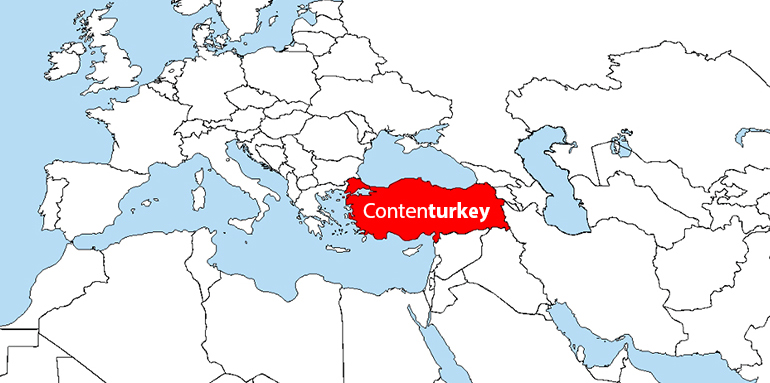
Turkish Airlines is one of the largest airlines in the world, flying to more than 100 countries and 200 international destinations. Turkish Airlines' extensive flight network provides very easy and economical transportation to patients from all over the world.
Turkey's private hospitals offer the world's most advanced medical treatments and technology today. In addition to its technologically advanced medical infrastructure, Turkey is a leading health tourism destination with many advantages.
Fill out the form for "Obesity Free" scheduling.
Plan your obesity treatment journey with Contenturkey today!
Do you know that you can visit Turkey's most competent hospitals and clinics specialized in Obesity through Contenturkey with special privileges? To do this, simply fill out the form below.
In a short time, authorized health communication units will contact you and convey all the details together with the price information.
Moreover, when you join the Obesity programs via the form below, you can benefit from the 5% discount privilege as a visitor to our website!
WARNING: Contenturkey.com has no partnership with any clinic, hospital or doctor. The content on our page has been created to inform you about your health tourism experience in Turkey. Please consult your doctor for any diagnosis and treatment. We are not responsible for any health problem you may experience for any reason.
In addition to all this, the information we create and share under medical and medical titles should not be interpreted as treatment advice. No explanation is a substitute for a doctor's visit.
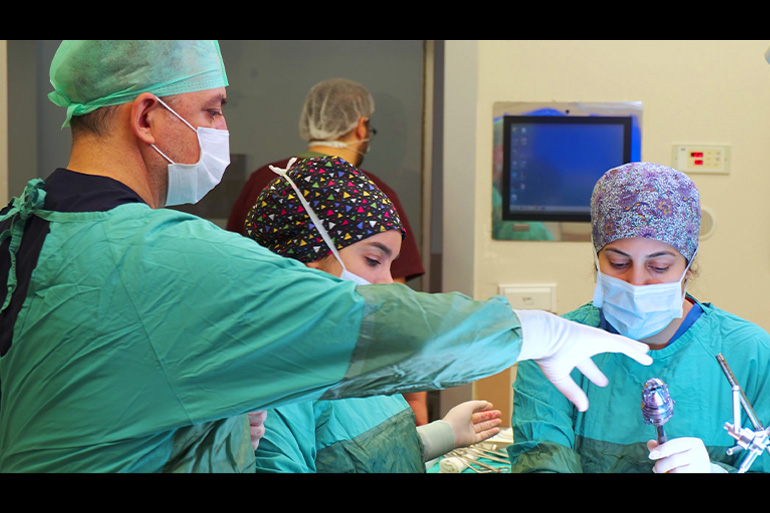
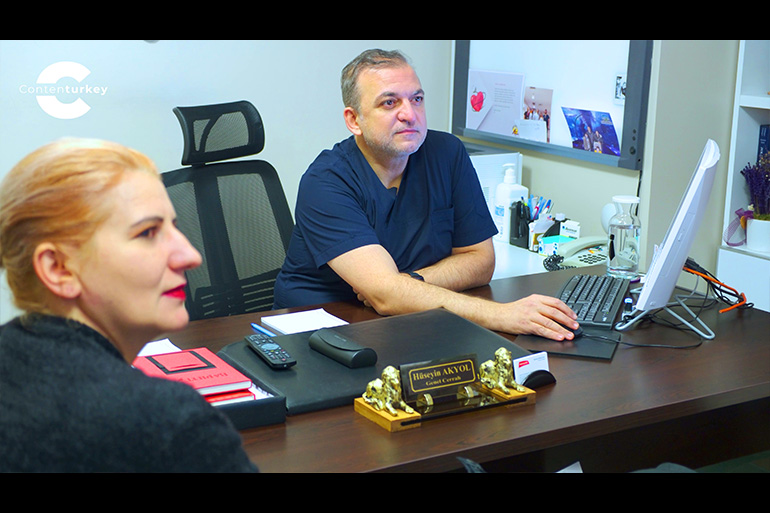

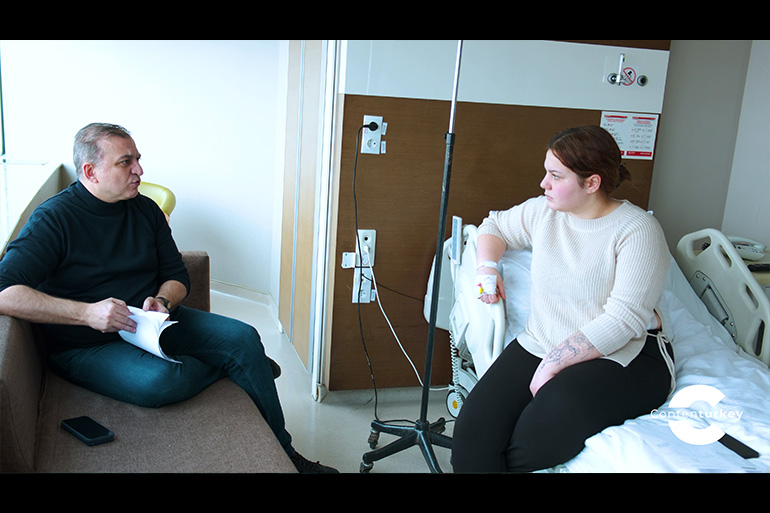
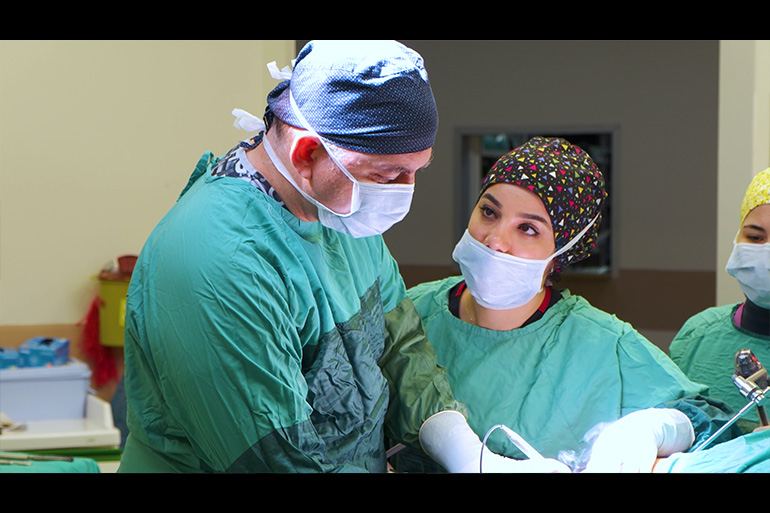
0 Comment
Comment